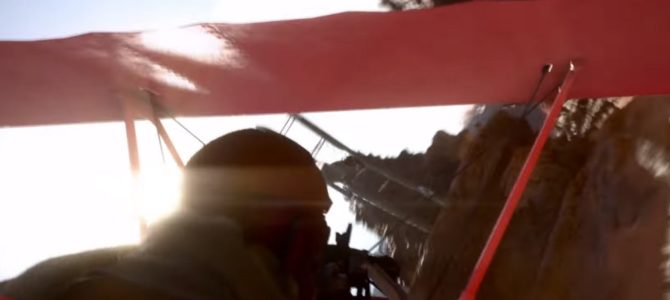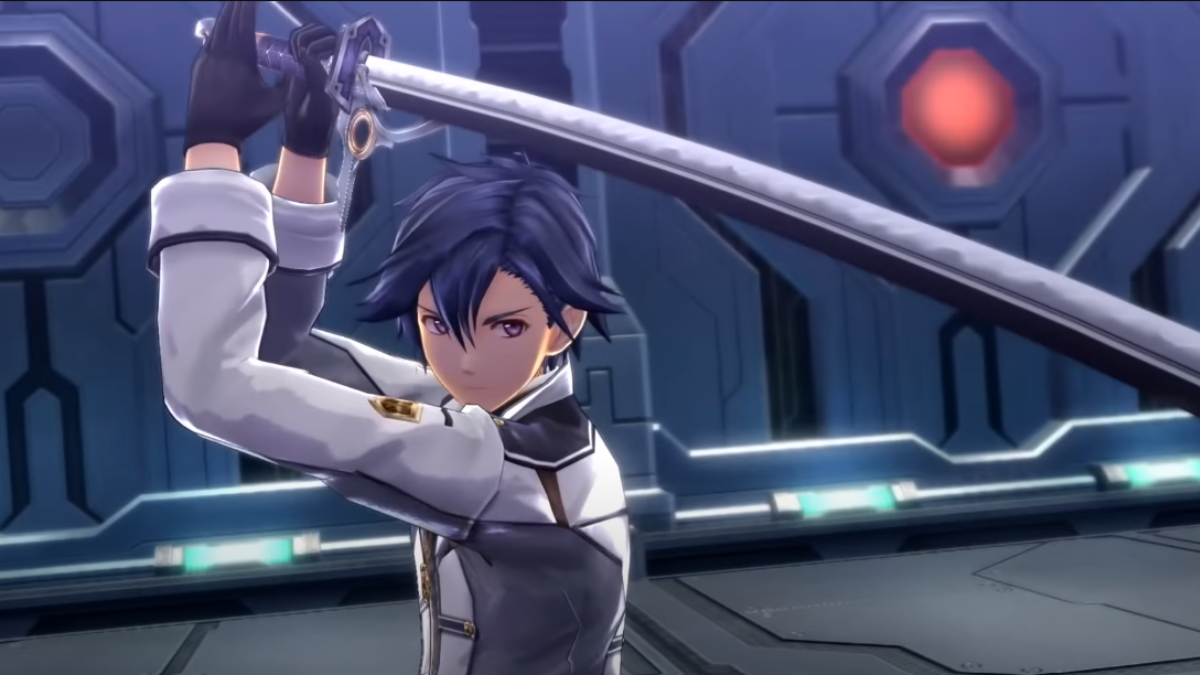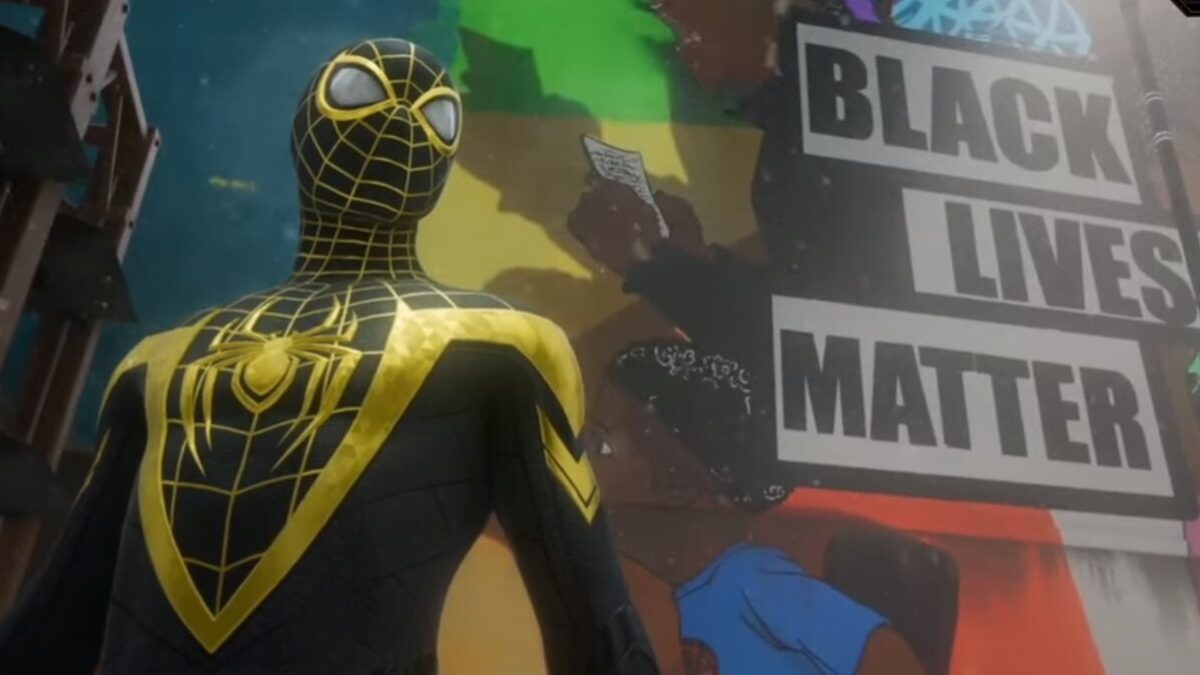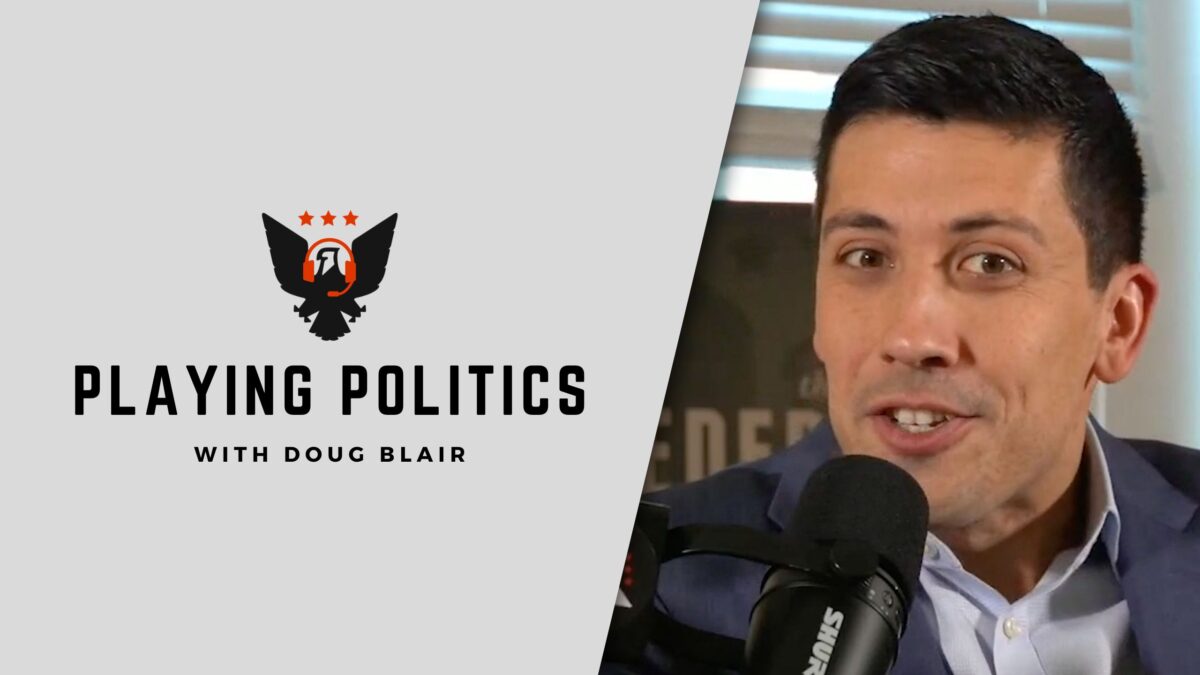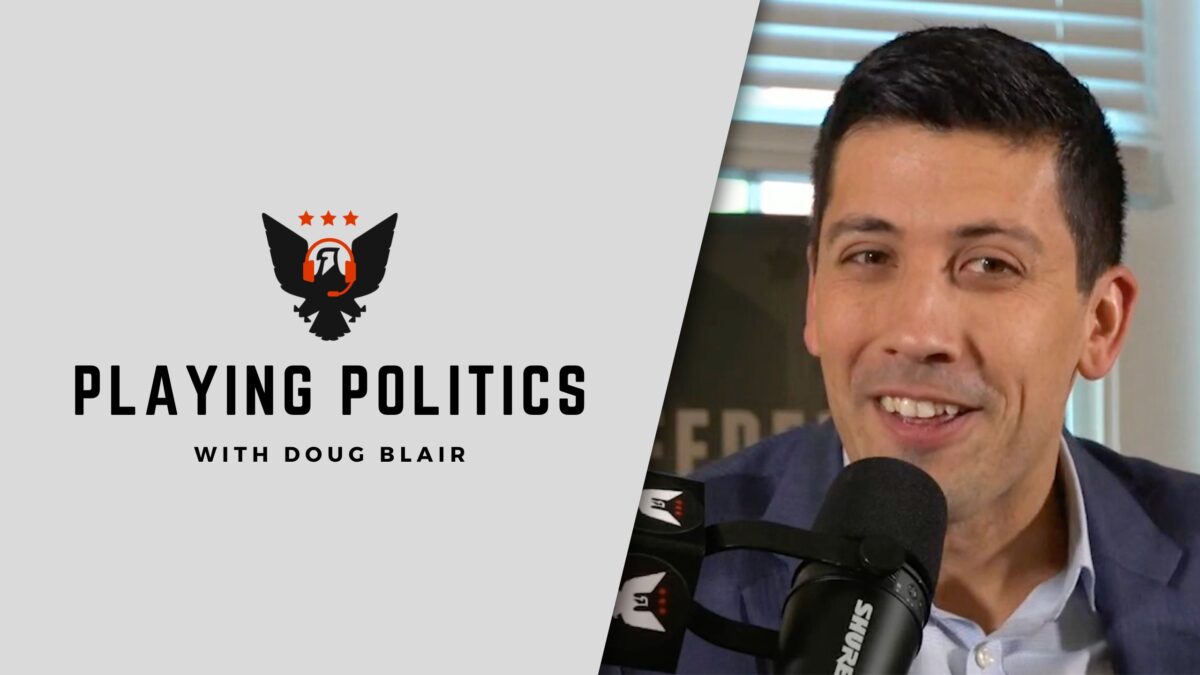Gamers have justifiably gnashed their teeth plenty over the last few years. The trend of half-finished games padded by paid downloadable content has given way to loot boxes and other microtransactions. Few genres are safe: NBA 2K18, “Need for Speed: Payback,” “Star Wars: Battlefront 2,” even single-player “Middle-earth: Shadow of War”—all “feature” the sort of microtransactions that affect the game too much.
It seems game publishers now focus on nabbing a handful of “whales” willing to spend hundreds or thousands on one game, to the detriment of those who foolishly assume that buying a product entitles them to the entire product.
Despite all this angst, first-person shooter fans now have three solid options that range from casual to serious. They’re all more than a year old, but each game offers an active player base as well as consistent updates. And none require additional purchases to make the game feel complete.
‘Battlefield 1’
“Battlefield 1” came out in October 2016, shaking up the staid “Call of Duty” and “Battlefield” formula of modern and futuristic shooters with a shift to World War I. It launched to favorable reviews, but many chafed at the idea of (yet again) paying $60 for a base game and $15-50 for additional maps and items.
More than a year later, however, the game can be purchased for less than $60 with all maps and items. It now feels complete. It suffers from few serious bugs and is well-balanced. It also has a full player base. It helps that, unlike its DICE cousin “Battlefront 2,” “Battlefield 1” doesn’t feel like an afterthought. It was made with care, from a historical perspective as well as the gameplay itself.
The only microtransactions are “battlepacks” for weapon skins and melee weapons that can also be earned in-game. “Battlefield” has one major DLC left, called “Apocalypse,” that will arrive in February for premium owners. The game still offers some longevity at 18 months, despite the imminent-ish “Battlefield 5.”
‘Overwatch’
Blizzard released “Overwatch” in May 2016 to what Metacritic called “universal acclaim” prompted by 90+ scores for Xbox, PlayStation, and PC. It didn’t suffer the launch issues that similar games do, other than perhaps an initial dearth of content (though it now has a “toxicity” problem).
Furthermore, it may be the best-supported game of the three. Blizzard goes beyond adding maps and heroes by offering limited-time events like “Halloween Terror” and this year’s “Lunar New Year.” It’s also regularly lauded as having the best DLC formula: Free new content with microtransactions limited to cosmetic items.
The game itself plays like a slightly more outlandish or cartoony (in a good way) “Team Fortress 2.” But for me it’s “Rocket League” in first-person shooter form: colorful and manically delightful to play, but difficult to master. “Overwatch” offers something less casual than “Battlefield,” but with significantly less stress than “Rainbow Six Siege.”
‘Rainbow Six Siege’
Ubisoft’s shooter stumbled out of the gate with bugs, server issues, and a lack of content. But the French publisher continued to update the game and respond to its players, even reversing a price hike after complaints. “Siege” recently turned two and now has 25 million registered players. It does not require additional purchases, though the grind to unlock “operators” (counter-terror units with specific abilities) might frustrate those who refuse to pay.
It’s by far the most difficult of the three to play, but it’s also the most rewarding when played properly. The relatively quick matches, lack of respawns, and smaller teams combine to create an intense realism that few other shooters offer.
Each operator features unique gadgets along with flash grenades and breaching equipment, elements that encourage and almost demand tactical play—the downside being that teammates quickly lose patience with lesser players. Overall, it fosters a dynamism that few other FPS games offer. It’s not a game to play casually, but it is the most satisfying.
The game’s “Year 3” kicks off in March with a zombie-esque event called “Outbreak,” showing that Ubisoft plans to stick with it at least through 2018.
